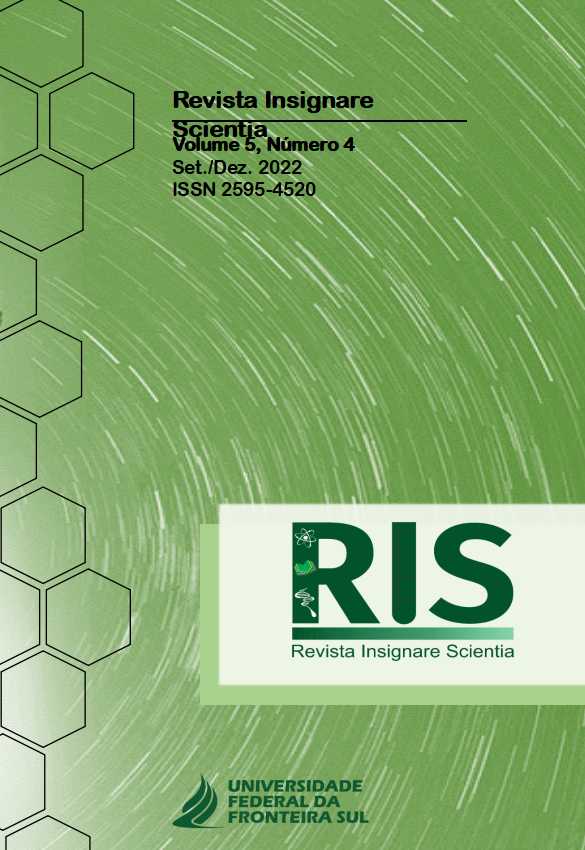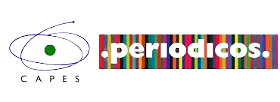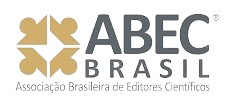The importance of the historical and epistemological approach in scientific teaching as a counterpoint to a view of Science as definitive knowledge
DOI:
https://doi.org/10.36661/2595-4520.2022v5n4.12900Keywords:
Epistemology, Science, scientific revolution, dogmatismAbstract
The scientific goal can be summarized as the search for the explanatory improvement of natural phenomena. To this end, Science takes a particular aspect of an object as a starting point for investigation, in order to describe its measurable properties. Even offering a highly compartmentalized and specialized view of nature, this format, established in the 17th century, henceforth became the dominant view of the world and the expression of total reality. At the same time, its aspects of fallible, provisional and conjectural knowledge, although fundamental to human progress, have been replaced by a discourse of unassailable, counterproductive and anti-pedagogical infallibility. It is in academic training the moment to approach the historical and epistemological aspects that characterize scientific activity, exemplified here in six points, that a more humanized view of Science and represented as an eternally provisional attempt to explain phenomena can manifest itself.






















